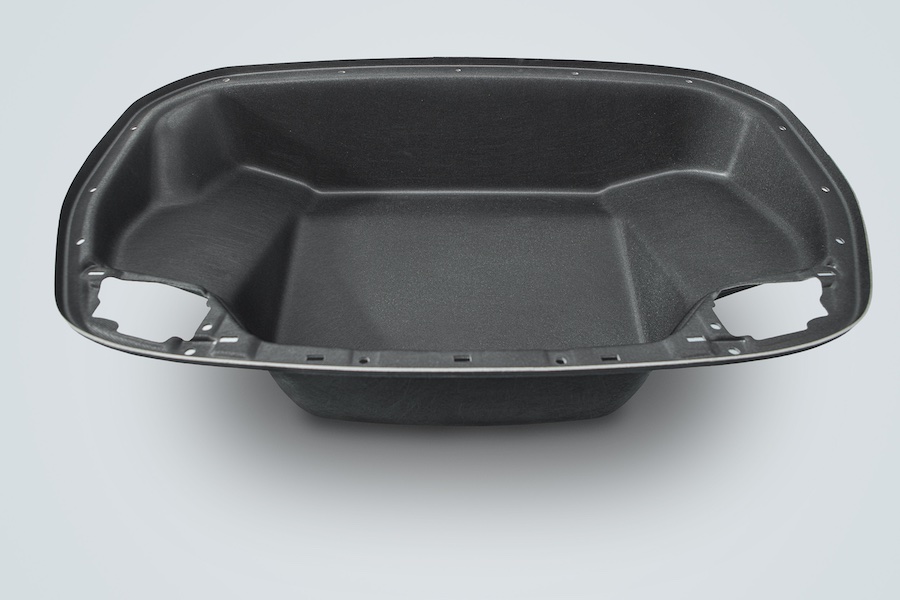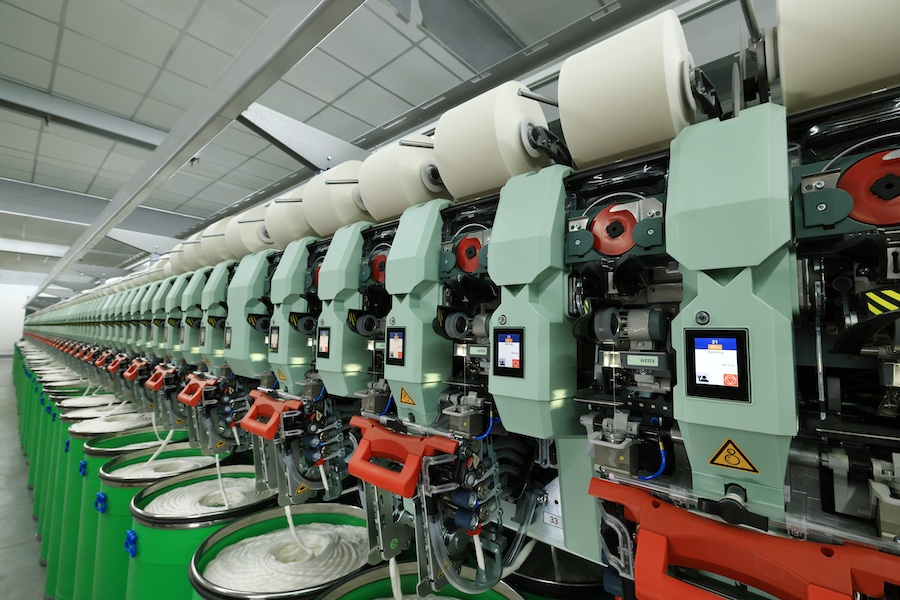#Textiles & Apparel / Garment
New Retviews study by Lectra: the luxury market in 2025, between margin protection strategies and new iconic pieces
In this context, Lectra – a leader in Industry 4.0 solutions for the fashion, automotive, and furniture sectors — has analyzed real-time data from Retviews, its AI-based solution specialized in competitive intelligence and automated benchmarking, to identify strategic approaches for navigating the current market.
“The slowdown in the luxury fashion sector marks a turning point for brands, which are now being forced to rethink strategies historically built around pricing dynamics. In this scenario, access to updated, comparable data becomes crucial to understanding competitors’ real behaviors and consumer expectations,” comments Antonella Capelli, President EMEA of Lectra. “Thanks to Retviews, Lectra provides companies with an AI- powered competitive intelligence tool that enables faster, more targeted, and more sustainable decision- making. Only those who combine creative vision with analytical rigor will be able to successfully face the challenges of the new luxury landscape”.
The luxury sector in 2025: a slowdown underway
In the past, luxury brands relied primarily on price hikes for growth. Now, they are facing a period of stagnation: their power to set prices is, in fact, weakening in the face of lower consumer purchasing power.
Brands are therefore being called to recalibrate their strategies. On one hand, to account for market fluctuations, and on the other, evaluating possible changes to the collections and more streamlined assortments.
Protecting margins has become a top priority, often pushing brands to rethink their positioning. The strategies to defend “desirability” differ and are sometimes even opposite. While some luxury houses are doubling down on ultra-luxury products, focusing on a very specific market niche, others are lowering entry-level prices to attract aspirational consumers. As seen, for example, with Louis Vuitton, Jil Sander, Lemaire, Miu Miu, and Prada.
A luxury-specific resilience strategy is therefore required, especially given the recent impact of tariffs. Looking at the luxury price index, we can see significant shifts. For example, in May and June, overall U.S. prices grew much more than in each brand’s reference European market. Unlike mass and premium brands, which often concentrate price hikes in the U.S. to protect demand elsewhere, luxury houses have greater room to maneuver globally, redistributing price increases across countries.
Pricing dynamics for iconic leather goods
Must-have products remain a cornerstone of the luxury sector, as they attract and engage aspirational shoppers — especially in the handbag segment. Retviews data shows that, globally, China is the most expensive market for these products, with markups of several hundred dollars compared to Japan and Europe for brands such as Gucci, Prada, and Miu Miu.
However, the current economic climate and shifts in consumer demand are changing how top leather goods are positioned.
By removing nearly similar lower-priced models, brands are pushing consumers toward higher price segments, thereby reinforcing their top-tier positioning.
In addition, brands are reducing the range of sizes offered. For example, the Miu Miu Arcadie, which sold out in 2024, and the Bottega Veneta Jodie, once available in five sizes, was reduced to three in 2024. In the same strategic direction, Bottega Veneta also discontinued the Candy Jodie, its smallest size, aligning with a broader trend: declining popularity of extra-small bags in favor of larger, oversized silhouettes.
New must-have pieces? Accessory trends: the charms boom
Accessories continue to play a core driver of brand collections, and the latest trend dominating the scene is bag charms. For budget-conscious consumers, these are emerging as the new “small leather good” — an accessible entry point into the world of luxury. Brands such as Coach, COS, and Reformation are already tapping into this demand by offering luxury-inspired options at more accessible prices.
Retviews data shows that even the most prestigious luxury houses are capitalizing on this boom, expanding their bag charm collections and setting prices that reflect their premium positioning.
The study also highlights that, unlike other accessory categories that have mostly experienced a decline over the past year, bag charms and keychains have seen a sharp increase – with a 51% growth in assortment between 2024 and 2025.
To read the lastest Retviews study by Lectra, click here:
https://www.lectra.com/en/library/luxury-in-2025-pricing-strategies-iconic-products-market-shifts














